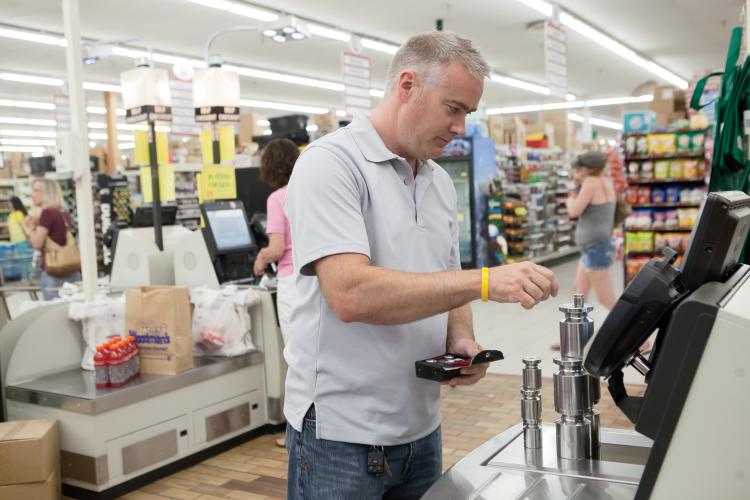Home > Wisconsin > Wisconsin Farm to Table > Fair Trade For Wisconsin Residents
Fair Trade For Wisconsin Residents
In partnership with: Wisconsin Department of Agriculture, Trade and Consumer Protection.
Annoying Robotic telemarketing calls, companies going out of business without delivering pre-paid goods or services, scammers trying to trick grandparents out of their savings by posing as a grandchild in trouble are just some of the 150,000 consumer questions and complaints fielded each year by the Trade and Consumer Protection division of Wisconsin’s Department of Agriculture, Trade and Consumer Protection (DATCP).
“Our role is to ensure a fair marketplace for both consumers and honest businesses, with an emphasis on combating fraud,” says Sandy Chalmers, administrator for the Division of Trade and Consumer Protection.
The Consumer Protection Bureau is probably the most recognizable public face of the division, issuing alerts on the latest scams, urging people to sign-up for the telemarketing No Call List or warning homeowners to be leery of door-to-door storm chasing contractors. But the Trade section of that division also plays a key role in keeping the marketplace fair.
“Trade practice laws prevent businesses from gaining an unfair advantage over their competitors. They also protect farmers who sell agricultural commodities,” added Chalmers.
According to the Scale
The Weights and Measures unit tests more than 42,000 measuring devices each year for accuracy, including commercial scales, gas pumps, petroleum bulk tank meters, LP gas meters and price scanners.
Among other responsibilities, the division provides weights and measures inspection services to cities and townships in the state. It also trains and assists a number of municipalities that have their own programs.
“We provide a high level of confidence for consumers who want to know they get what they pay for,” says Chalmers.
One of DATCP’s core missions is to ensure the safety of food for consumers. Mainly through its Food Safety division, DATCP licenses and inspects nearly 30,000 food-related businesses in the state, including dairy farms, meat and other processors, wholesalers, retailers and warehouses. But it’s the Trade and Consumer Protection division’s responsibility to make sure fruits and vegetables destined for fresh market or processing are properly graded and of consistent quality.
Fruit and Vegetable Checks
From its office in Stevens Point, the Fruit and Vegetable Inspection unit of DATCP’s Trade and Consumer Protection division conducts inspections, grading and related services for a wide variety of products. It does this in accordance with guidelines established through the United States Department of Agriculture’s (USDA) Fruit and Vegetable Grading Program.
“We’re responsible for inspections at the shipping point for all fruits and vegetables leaving the state,” says Tim Leege, manager of the Fruit and Vegetable Inspection unit. “We’ve been doing this since around the 1950s.”
The unit also does food safety audits, and it will conduct specialized grades for producers that need to meet contract specifications.
“For instance, if you’re selling potatoes to somebody out of state that has a contract specification for a certain type or size, we can handle that,” Leege says. “We’re an independent third party, and that’s why people use us.”
Grain Inspections
In addition, the Trade and Consumer Protection division, through a cooperative agreement with the USDA, is responsible for grain inspections at the Superior and Duluth ports to ensure the quality of the grains that are exported. It’s important for international trading partners to know they can count on getting a high quality product. It’s all part of the division’s key role in making sure there’s a fair marketplace for both consumers and honest businesses.





